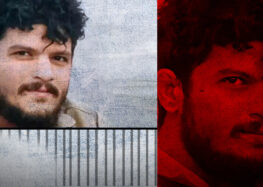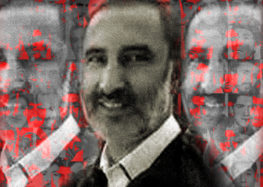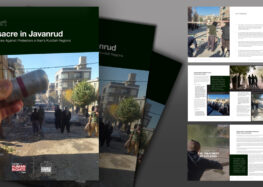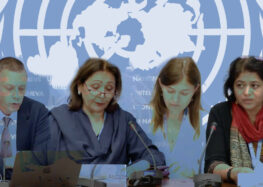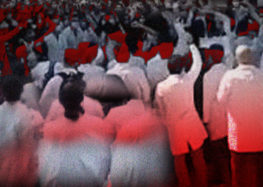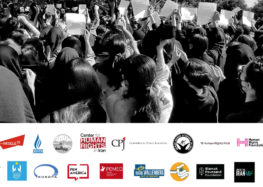UN experts call on Iran to stop intimidation of BBC staff
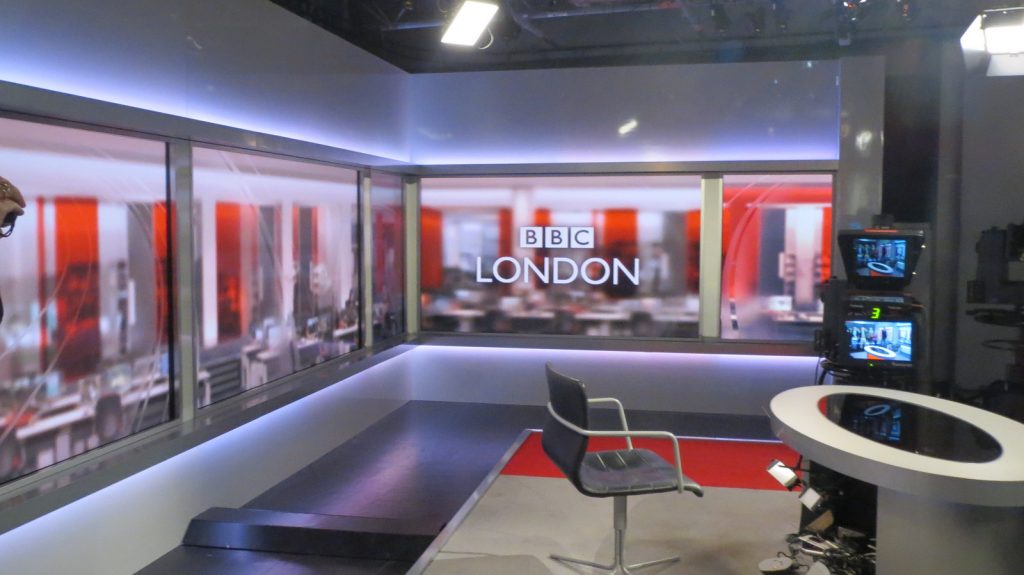
GENEVA (27 October 2017) – Civil and criminal proceedings by Iran against BBC Persian staff and contributors must be halted, two UN human rights specialists have said.
“The Iranian authorities appear to regard any affiliation with the BBC as a crime,” said David Kaye, Special Rapporteur on freedom of expression, and Asma Jahangir, Special Rapporteur on the human rights situation in Iran, in a joint statement.
“We are concerned at recent reports that the action has now escalated to direct targeting of family members of BBC Persian staff.
“The measures are clearly aimed at targeting the BBC and at preventing journalists from continuing their legitimate work with BBC Persian.”
BBC Persian (BBC Farsi) has been banned from Iran since 2010 on the basis of allegations that it was acting against the country’s national interest.
In August 2017, a Tehran court issued an injunction banning 152 members of staff, former employees and contributors from carrying out financial transactions in Iran. Reports say the injunction is linked to a criminal investigation into alleged conspiracy to commit crimes against national security in Iran and abroad.
“We urge the Iranian authorities to cease all legal action against BBC Persian staff and their families, and to cease the use of repressive legislation against independent journalism, whether affiliated to BBC or not,” the Special Rapporteurs said.
“In a country with severe limitations on media independence, these measures also constitute an attack on the public’s right to freedom of expression,” they added.
BBC Persian, launched by the BBC World Service in 2009, is aimed at Persian speakers in Afghanistan, Iran, Uzbekistan and Tajikistan. It is funded by the UK Foreign and Commonwealth Office, but remains editorially independent.
Mr. David Kaye, Special Rapporteur on the promotion and protection of the right to freedom of opinion and expression; and Ms. Asma Jahangir (Pakistan) Special Rapporteur on the situation of human rights in the Islamic Republic of Iran.
The Special Rapporteurs are part of what is known as the Special Procedures of the Human Rights Council. Special Procedures, the largest body of independent experts in the UN Human Rights system, is the general name of the Council’s independent fact-finding and monitoring mechanisms that address either specific country situations or thematic issues in all parts of the world. Special Procedures’ experts work on a voluntary basis; they are not UN staff and do not receive a salary for their work. They are independent from any government or organization and serve in their individual capacity.

